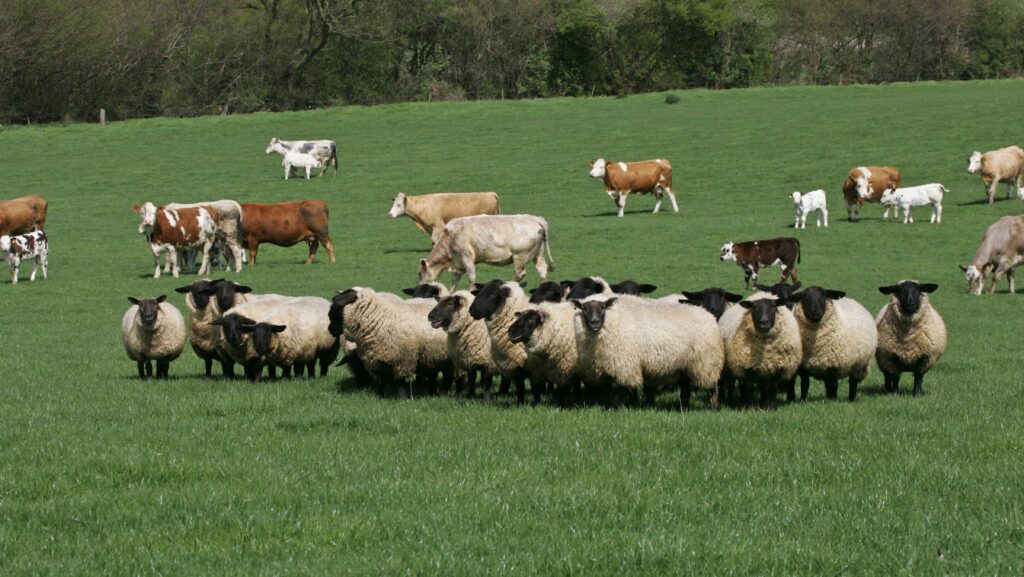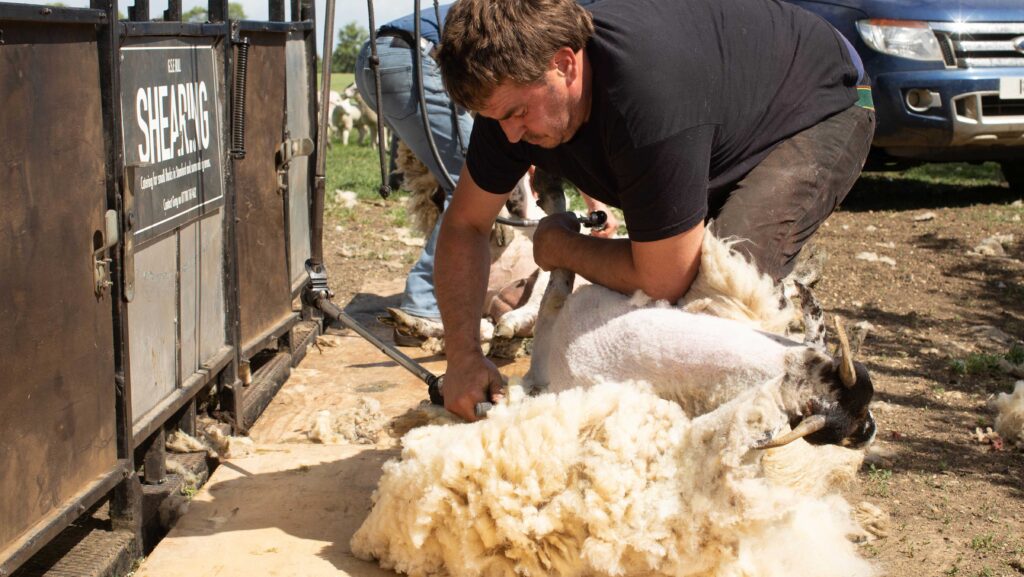What can be done to prevent bluetongue virus?
 © Tim Scrivener
© Tim Scrivener Insecticides and repellents will not prevent cattle and sheep from being infected with bluetongue virus, scientists are warning.
Bluetongue virus (BTV) is an infectious, non-contagious virus spread by Culicoides biting midges.
An outbreak was detected on livestock farms in Kent Farmers on high alert after bluetongue confirmed in Kent last year.
See also: Q&A: All you need to know about bluetongue disease
It is believed the BTV 3 strain originated from the Netherlands and blew across the English Channel.
A single bite from one midge is enough to cause infection, said Dr Marion England, fellow in vector ecology at Pirbright Institute.
Dutch authorities have recently approved a vaccine against BTV 3 for emergency use in cattle and sheep.
Donal Murphy from the National Office of Animal Health said the news was positive, but expectations needed to be tempered as an application for the vaccine’s use would now need to be made to UK authorities.
Dr Christopher Sanders, research fellow in veterinary entomology at Pirbright, said if the vaccine is used early, it will reduce the population of animals presenting infection to the midges, and could help reduce the transmission of disease to the UK.
Timing of vaccine rollout in the Netherlands remains unclear but will be imperative, added Marion.
“Realistically, we may see a resurgence of the virus before we get a substantial number of animals protected,” she said.
“The sooner [the Dutch] can roll it out, the better, and the greater protection it will afford us,” she added.
In the meantime, Pirbright has set up 18 traps in England, Wales and Scotland to monitor midge activity.
Disease control
Vector control is extremely challenging because midges are “incredibly numerous”, Marion explained.
“Insecticides and repellents are ineffective at preventing bluetongue transmission because they don’t eliminate all bites.
“Insecticides do kill midges, but they don’t kill them fast enough, and the midge will have completed its bite and delivered the virus before it dies,” she warned, adding that rainfall can render such treatments ineffective, and coverage can be patchy.
Donal said there were currently no licensed products on the UK market to control BTV.
He also cautioned against using unproven “alternative” treatments, such as garlic blocks, that are not backed by scientific evidence.
However, Marion pointed out that animal placement can help. “Midges do not like wind because they are so tiny.
“If you can move your animals onto the highest, windiest, and coldest place on the farm, the midges won’t be able to host-seek,” she explained.
She said it was possible to “vector-proof” sheds, but mesh screens must be less than 0.5mm in aperture to prevent midge incursion.
This presented some difficulty and could reduce airflow to animals.
Fans that deliver airflow of 3m/sec can be effective in stopping midges flying, farms in the Netherlands found.
Farmers are advised to shear sheep as normal rather than do it early, in the hope that fleece regrowth may prevent animals from being bitten.
Vet Joe Henry, chair of the Sheep Veterinary Society, said: “The more of a [wool] rise, the fewer cuts there will be.
“Sheep still have legs, faces and ears exposed, [which could be bitten,] so shearing should be [carried out] as normal.”
Facts about bluetongue virus
- Only the female midges bite. They require protein from a blood meal to produce eggs
- The virus cannot be passed to midge offspring, so any emerging larvae will not be infected with it
- Midges are active between April and November
- The virus can only be transmitted when temperatures are above 15C
- Midges typically bite from 4pm to 8am and can travel 3km across land
- The infection period for ruminants is 60 days
- It is possible for adult midges to overwinter, but it is assumed most die

Sheep farmers are advised early shearing is not effective at controlling bluetongue virus © Tim Scrivener
Treatments for bluetongue virus |
|
|
Not effective |
Effective |
|
|
The commentators within this article were speaking on AHDB’s Bluetongue webinar on 2 May. To listen, visit the AHDB website.
